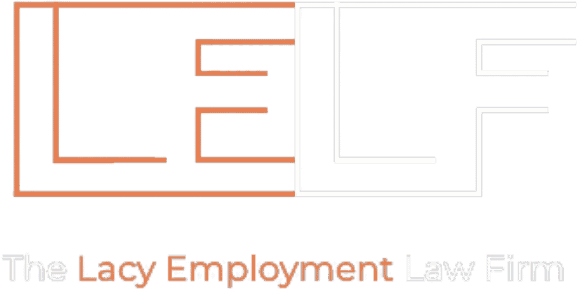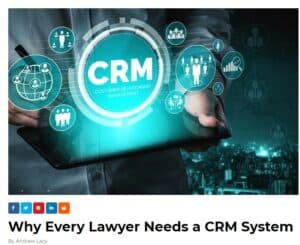The #MeToo movement has played an immense role in bringing awareness to the pervasive issue of sexual harassment and assault in the workplace. However, while the movement has empowered many to speak up, significant work remains to enact meaningful and lasting change. As a practicing employment lawyer, I continue to see both progress and challenges in addressing workplace harassment in the post-#MeToo era.
The Post-#MeToo Landscape
There is no doubt awareness around workplace harassment has increased following high-profile scandals and resignations. Employers are reviewing policies, conducting training, and facing pressure to take reports seriously. At the same time, underreporting continues to be a problem due to fear of retaliation. Many organizations still lack effective systems for addressing complaints.
Progress Made
On the progress front, some companies have implemented strong zero tolerance policies, investigation procedures, and codes of conduct. Training has become more widespread to recognize inappropriate behaviors. HR plays a bigger role in prevention and response. Some industries have diversified leadership roles providing balance. There are also more legal protections for victims in recent years.
Challenges Faced
However, critical challenges persist. Subtle forms of bias and hostile work environments still exist. Victims rightly ask “what will really change?” when reports may go unaddressed. There is reluctance to report more subtle harassment like inappropriate jokes or touches. Male-dominated industries continue exhibiting “boys’ club” mentalities. Greater diversity and female representation in leadership is essential.
Legal and Policy Developments
Positive steps have been taken through new legislation like limits on mandatory arbitration and non-disclosure agreements. Regulations now require more transparency around workplace harassment issues. Legal institutions are taking a tougher stance. Continued policy reform will help reinforce workplace rights.
The Role of HR and Leadership
HR professionals want to help but require proper training on investigating complaints and protecting victims from retaliation. They need best practices for appropriately responding and documenting harassment. Leadership must set the tone through their own conduct. They are accountable for enforcing zero tolerance from the top down.
Changing Company Culture
Fostering an inclusive, respectful culture requires assessing behaviors, attitudes and norms that enable harassment. Strategies like bystander training, diversity programs, mentorship initiatives and transparency around complaints can effect change. Employees should feel safe reporting harassment through multiple channels.
The Impact on Employees
The trauma of workplace harassment can cause lasting effects like anxiety, depression and PTSD. Support systems for employees are critical, including counseling, legal help and advocacy groups. No one should feel forced into silence or to make the agonizing choice between career and justice.
Challenges in Intersectionality
There are also unique challenges facing women of color, LGBTQ employees, immigrants, and others facing multiple forms of discrimination when reporting harassment. The visa sponsorship system, for example, can deter immigrants from speaking up. A complex landscape of bias requires nuanced understanding.
Measuring Progress
Key indicators like reporting rates, complaint outcomes, policy revisions, retention and promotion rates help assess progress. Employee surveys, external audits, hotline data and training participation also provide insights. Transparency and accountability metrics are crucial.
The Way Forward
Sustained effort towards cultural change is obligatory. We all have a role in empowering victims to report harassment and fostering safe, respectful workplaces. With compassionate dialogue and perseverance, we can continue progress beyond #MeToo.
The #MeToo movement was a watershed moment, but eliminating workplace harassment requires an ongoing commitment from all stakeholders. As an employment lawyer, I remain passionate about advancing solutions on behalf of victims towards a more just society. Together, we can build on the progress made and meet the challenges that remain. There is no finish line, but the journey continues.



















